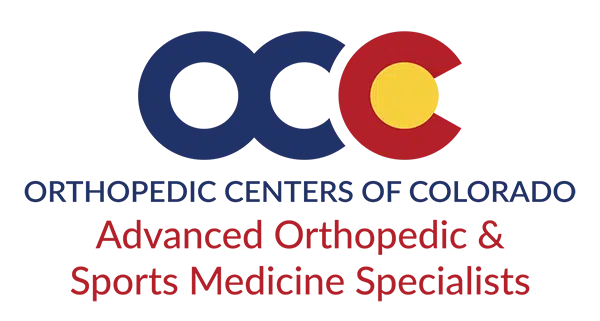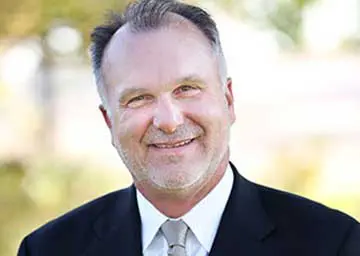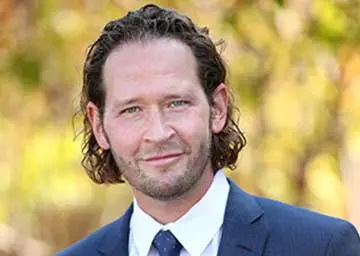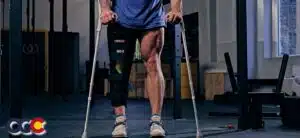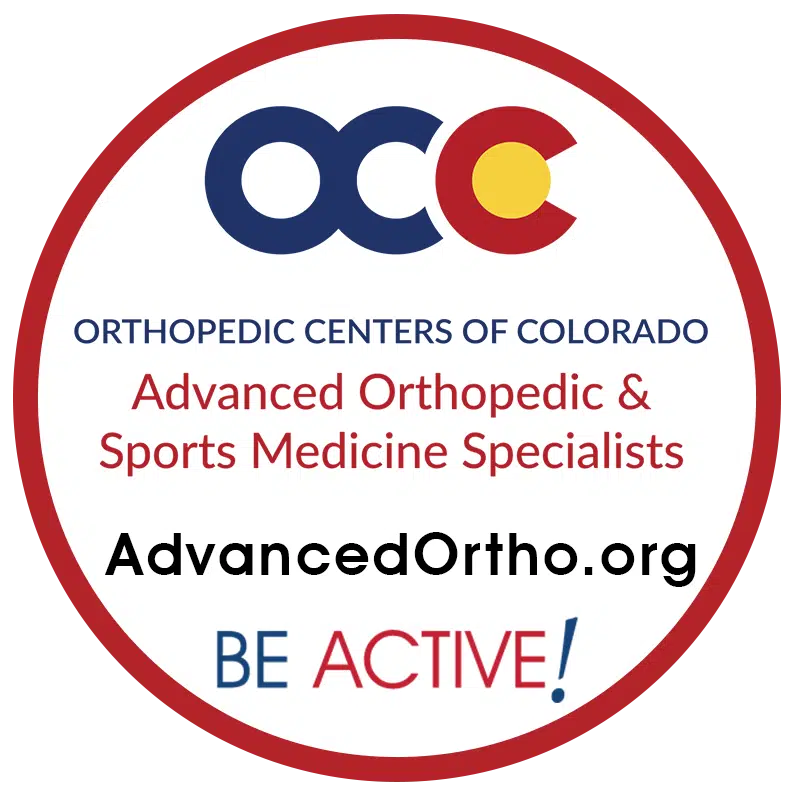Denver MCL specialists continue to see a high volume of MCL injuries. The medial collateral ligament (MCL for short) is in fact the most frequently injured ligament of the knee – accounting for as many as 40% of knee ligament injuries. And because minor MCL injuries often go undiagnosed, this number is likely low. But with proper diagnosis and individualized treatment, MCL patients typically have a solid path to recovery.
What is an MCL injury?
Let’s start with what the MCL does and where it’s located. The MCL is tissue connects your thigh bone (femur) to the top of your tibia, (your shin bone), on the inside of your knee. It stabilizes your knee to keep it from bowing too far inward.
Anyone can damage their MCL, but it’s also more common among men and athletes – even recreational athletes. Direct content is the most common cause, so it’s no surprise that Denver MCL specialists see a higher incidence of MCL injuries in patients who participate in contact sports, such has rugby, football, soccer and ice hockey.
But here in Colorado, skiing is one non-contact sport where MCL injuries also tend to occur. This is typically the result of sudden twisting or stress on the knee that is common with frequent ski turns, starts and stops.
If any of these types of situations have resulted in knee pain that doesn’t improve with a bit of rest and ice, it’s probably time to see a doctor. MCL diagnosis involves a physical evaluation which includes checking for swelling, bruising and evaluating range of motion. An MRI or X-ray may also be needed. Our Denver MCL specialists help patients classify MCL injuries into grade I, II or III and determine the best course of treatment.
- Grade I (Mild) injuries can be addressed at home (with ice, rest and mild pain reliever like Advil) and improve in just a couple of weeks
- Grade II (moderate) may require the use of a brace to stabilize the knee. Your doctor may also ask you to minimize weight bearing activities for a few weeks.
- Grade III (Severe) injuries may require surgery, especially if other parts of the knee are also injured (such as your ACL, which occur with an MCL injury about 95% of the time, when there is more than one injury), or at a minimum require patients to brace the leg and limit weight-bearing activity for at least 6 weeks
Knee pain can also be the result of conditions other than MCL tears, so it’s important to recognize the signs and symptoms of MCL injuries. Patients typically have pain and lack of mobility around the knee joint and many report hearing a “pop” at the time of the injury.
Advanced Orthopedics’ Denver MCL specialist team frequently performs MCL repair or reconstruction – a procedure where the damaged ligament is either repaired or removed and replaced with tissue harvested from the hamstring or patellar tendon. The replacement tissue – called a graft – restores knee stabilization while aiding the growth of new tissue.
As with all MCL strains, physical therapy plays a vital role in the restoration of long-term strength and range of motion. Although individual recovery time varies, many MCL patients who opt for surgery return to their sports in six to nine months.
Have questions? Advanced Ortho’s team of Denver MCL specialists are available to answer your questions.
